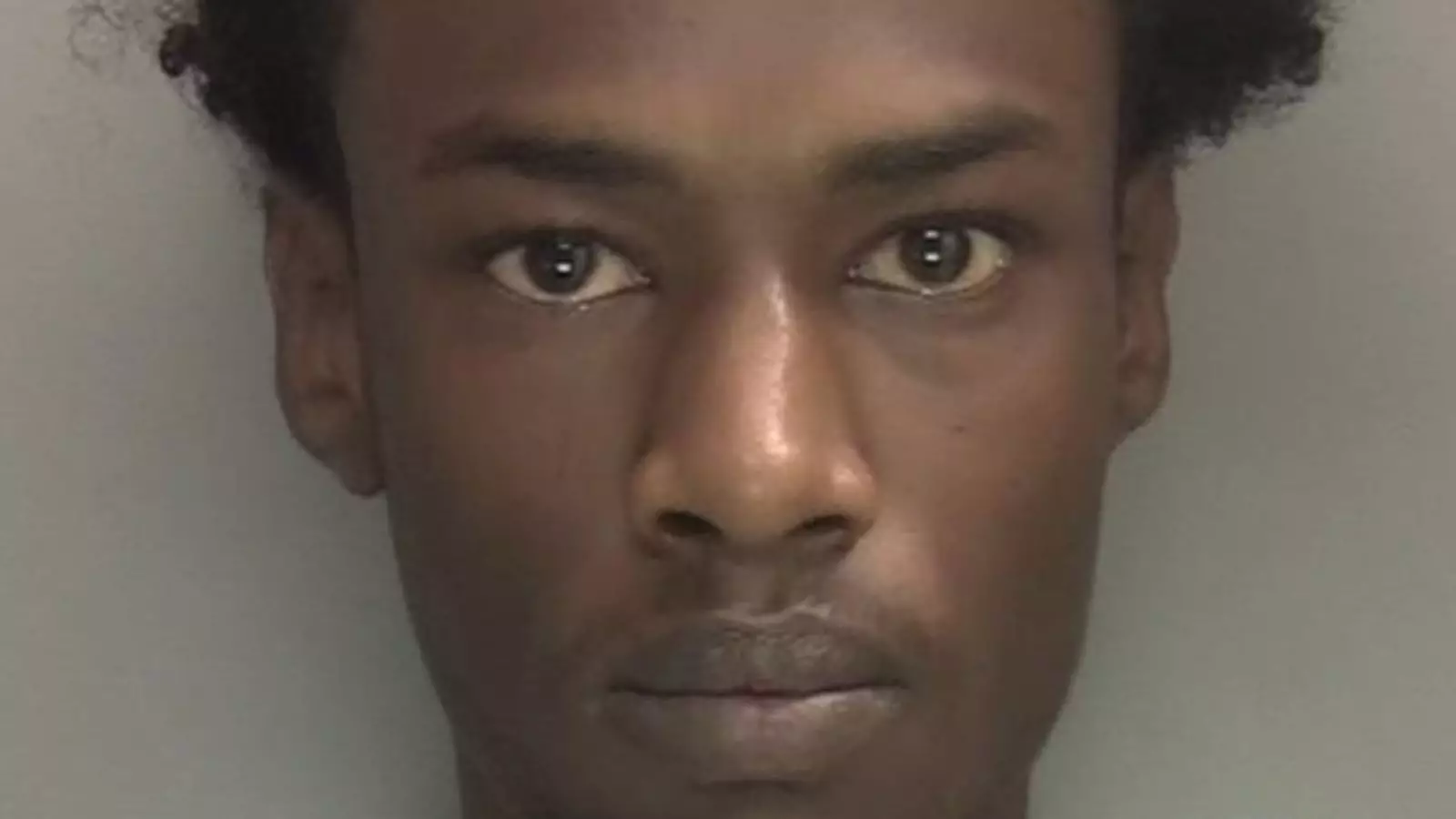In a shocking case from Birmingham, the tragic death of Liam Jones due to the reckless actions of Abdirahman Ibrahim has raised questions about accountability and justice on the roads. This heart-wrenching incident, which took place on August 1, 2023, serves as a chilling reminder of the potential consequences of aggressive driving and the grave impacts of road rage. Liam Jones, a 22-year-old e-bike rider, met his untimely demise after Ibrahim deliberately rammed his car into Jones’ bike—not once but twice—following what can only be described as a fit of rage triggered by Jones performing a wheelie in front of the vehicle.
This incident began with a seemingly innocent display of skill, but it escalated into a fatal confrontation that led to catastrophic injuries. Witnesses described how Ibrahim first struck Jones, after which, instead of stopping to check if the cyclist was alright, he accelerated and struck him again. The subsequent collision sent Jones flying off his electric bike into a concrete bollard, ultimately resulting in a tragic loss of life that could have been avoided through better judgment and self-control.
The pursuit of Jones by Ibrahim was not a random act but rather a calculated decision to intimidate and teach a lesson. CCTV footage captured the moments leading up to the fatal crash, illustrating how Ibrahim, upon spotting Jones and his friend, made a deliberate U-turn and began to follow them. This premeditated act of aggression escalated quickly when the driver chose to unleash his frustration by adopting a vehicular approach rather than simply ignoring the perceived provocation.
As the altercation unfolded—where speed and reckless decision-making took the forefront—the sheer absurdity of Ibrahim’s choice becomes increasingly apparent. He could have taken any number of actions to de-escalate the situation: he could have slowed down, turned away, or even pulled over. Instead, the path he chose was one marked by aggression, culminating in a serious crime that shocked the community and drew significant attention from law enforcement.
Following the fatal incident, Ibrahim fled the scene, an act that displayed a complete disregard for the sanctity of life and responsibility for one’s actions. After abandoning his car, he attempted to continue his life as if nothing had happened, even stopping at a shop with his brother. The subsequent investigation unfolded rapidly, with police identifying the vehicle involved and tracking down the suspects promptly.
In the wake of Ibrahim’s actions, he has been convicted of murder—a sentence that reflects the severity of his crime. The impact of his reckless behavior has rippled throughout the community, highlighting not only the loss of life but also the emotional toll such events inflict on families and friends of victims. Meanwhile, his brother, Abdullahi, pleaded guilty for assisting an offender, illustrating how criminal behavior can ensnare even those who are unwilling participants.
Community leaders and law enforcement officials have voiced their concerns regarding street safety and the underlying issues of anger and recklessness that can manifest during seemingly minor encounters. Detective Inspector Nick Barnes emphasized the premeditated nature of Ibrahim’s actions, stating that this was not simply an accident but an intentional effort to harm.
The sentiments echo throughout the local neighborhoods as families gather to discuss the dangers that lurk on roadways and the necessity of respect among all users of public roads, whether in vehicles or on bicycles. Discussions around road rage, driver behavior, and the implications of reckless driving are more critical than ever to ensure that such heart-wrenching incidents do not become a common occurrence.
The tragedy of Liam Jones serves as a stark reminder of the consequences of unchecked aggression on the road. As Ibrahim faces the consequences of his actions, it is incumbent upon society to reflect on how we can collectively foster greater accountability, safety, and respect among all road users. The community’s grief serves not only as a remembrance of a lost life but also as a call to action.


Leave a Reply